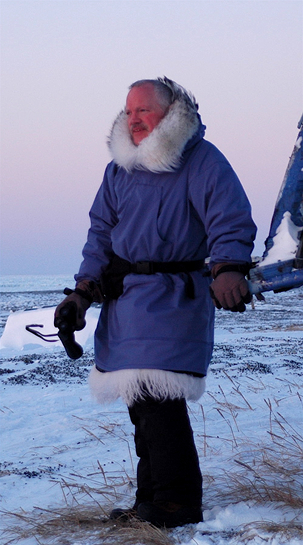I just finished reading a book of his poetry and last summer I read a biography on him. He wrote novels to make a living and I think that he followed a "formula" suggested by his publishers in creating the plots and characters. But poetry was his true love and in retirement that was all he wrote; he would work for years on a single poem. His most defining feature as an individual was his overpowering passion to feel loved by a woman. By the end of his life and after chasing countless women for so long he was left feeling hurt and disappointed. Not having any children and a cold marriage, he felt the world was the type of place that will tear the heart out of a person. Ironically, after his death this is exactly what the mortician did to him. They buried his heart back at home and his ashes in Westminster Abbey.
Being very much a materialistic man of his Age, he believed in science more than organized religion. The church was overtly corrupt which hurt its public image. But he seemed to carry with him throughout his life a sense of primitive spirits inhabiting Nature but existing beyond human understanding. Again and again he refers to wild creatures that seem to know more than we do. He had a basic belief in Nature's spirit and regrets having grown old in "Man's Estate" (the human/business world). By chasing after worldly goals he lost a natural innocence and late in life feels some regret over this fact. He saw the fundamental spirit of Nature as being beyond good and evil, life and death. It was a neutral force that transcended worldly definitions. So in this sense he was a true visionary and it gave his poetry real power (plus his gift for writing about characters and settings).
Though he enjoyed his status as a rich and famous writer in his day, he always felt connected to the common people. He enjoyed seeing himself while playing his fiddle (viol) and stomping his foot at a village folk dance. These community events were probably some of his favorite moments in life.
Here is one of my favorite (short) poems he wrote after WWI entitled, "Christmas: 1924"
"'Peace upon earth!' was said. We sing it, / And pay a million priests to bring it. /
After two thousand years of mass / We've got as far as poison gas."
He saw the very beginning of the Industrial Age. Being born and raised a horse & buggy rider seeing a car on the road gave him the idea of communities fragmenting into more and more aloneness; this notion especially struck him at night watching their strange headlights bouncing and beaming all about.
I'm glad to have taken the time to study this conflicted but still remarkable man.

